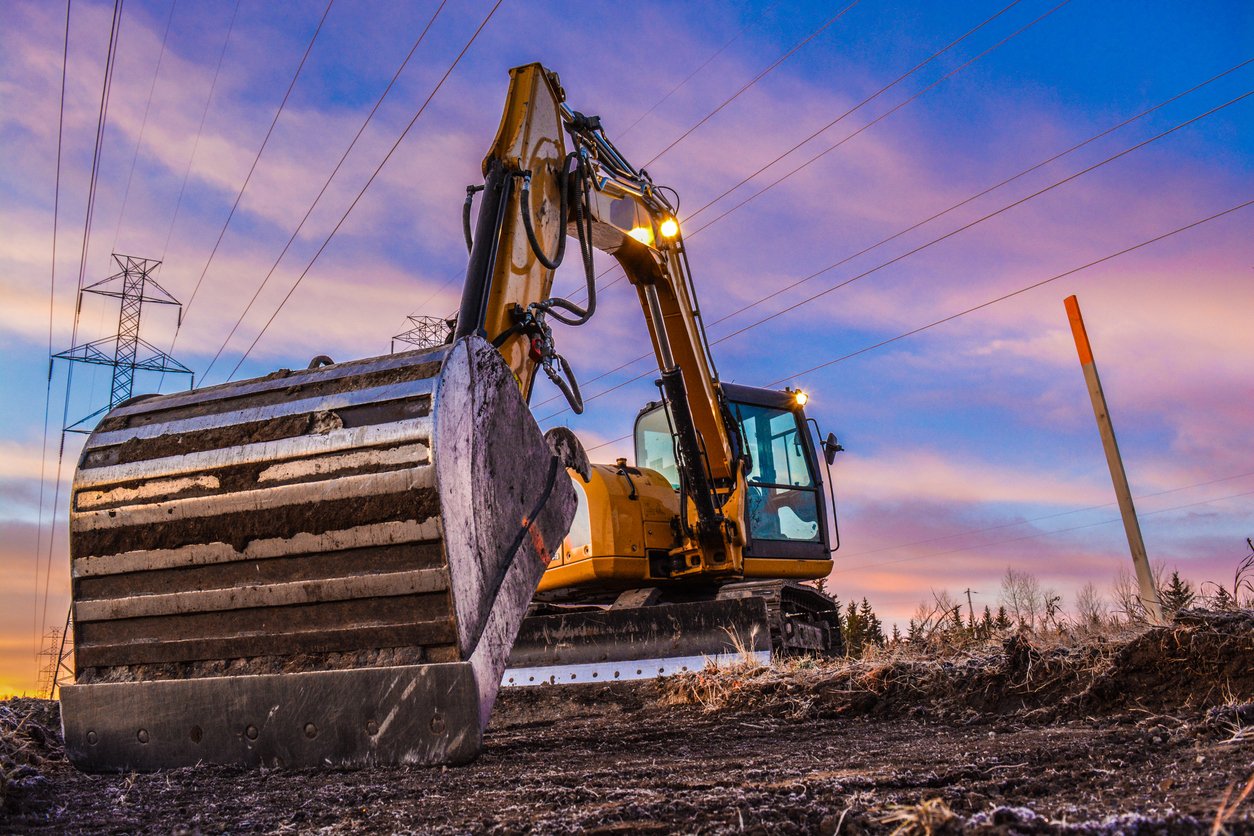Benefits, true cost-per-hire, and more all factor into superior skilled trades cost.
As the construction industry enjoys continued growth, superior skilled tradespeople are in short supply. Since the onset of COVID-19, demand for home services has steadily increased, taking construction workers away from commercial projects.
An aging workforce and increased demand put superior skilled tradespeople in a unique position to demand more significant salaries and benefits. Considering the pressure placed on skilled tradespeople to work longer hours and anchor specific projects, you can see why.
With 90% of contractors worried about a possible labor shortage, how does a company come to understand the actual cost of superior skilled trades?
Superior Skilled Trades: How Much Do They Cost?
Hiring a superior skilled tradesperson isn’t as simple as posting a job and hiring the most qualified candidate. Landing the best talent is a complicated process from the start.
Tradespeople factor in heavy workloads, travel requirements, and time away from home when they consider taking on a contract. The package you offer them must reflect a changing work/life landscape.
Generation X and the baby boomer generations are close to retirement, and some took early retirement during the pandemic. Younger workers don’t yet have the industry knowledge and experience to step into skilled roles. Faced with these headwinds, companies should be mindful of hidden costs and ensure their hiring strategies and processes are robust and proactive.
Having a plan in place will help you to retain workers who feel valued while avoiding the dreaded last-minute scramble to find a job.
Hiring Superior Skilled Trades
The average skilled trades salary is $44,850 or $23 an hour.
Entry-level positions start at $34,180 per year, while the most experienced workers make $68,250 per year on average.
Superior skilled tradespeople will be on the upper end of the scale because of their experience and expertise.
You’re Not Paying an Hourly Rate
Superior skilled tradespeople have spent years, maybe even decades honing their skills. They are experienced and highly trained. Many know the lay of the land and can quickly join ongoing projects, bringing valuable expertise.
They will expect your company to be knowledgeable and transparent during the hiring process, and as they know there is a skills gap and labor shortage, they could use both as leverage to get a better deal.
Interview Costs
How much will you spend on the interview process? Superior skilled trades will have gone through the hiring process many times over, and if you go above and beyond to make the interview experience better for them, they will see that you value their time. You might therefore cover candidate travel, food, and lodging expenses.
What is the total number of hours each individual in your HR department spends preparing for, conducting, and following up on interviews? What’s their hourly rate? You’ll need to factor those costs in.
Then there’s the proper training of employees conducting interviews. Experienced interviewers will know what you’re looking for, what the candidate is looking for, and will know the right questions to ask.
Cost of Benefits
For superior skilled workers who tend to work project to project, the threat of not having a steady income can be overcome with attractive salaries, packages, and benefits.
78% of workers would likely remain with their employer because of its benefits, up from 72% in 2016. Benefits could entice superior skilled workers with such a physically demanding job, pressure to meet deadlines, and time away from home.
Depending on the region and the size of the company, benefits could include:
- 401k
- Paid cell phone
- Paid vacations
- Life insurance and disability coverage
- Paid sick leave
- Company vehicle
The above would be attractive benefits for workers who travel a lot and perform physically demanding roles.
Health insurance is another way to value your workers. High Deductible Health Plans are inexpensive but provide a good level of cover. The construction industry has a high rate of injuries and compensation claims due to the hazardous nature of the job, so it pays to look into insurance options such as:
- Life & Accidental Death and Dismemberment
- Short-Term Disability
- Long-Term Disability
- Accident Insurance
- Critical Illness Insurance
Another option is to offer tax-advantaged spending and saving programs as compensation will stretch further, and employees can stress less between projects.
Training and Onboarding
Superior skilled trades will expect quality training on all projects that they join. Training videos, online learning, and stringent safety protocols will attract workers.
Ongoing site-specific training for workers shows you care about their continued health, safety, and wellness.
The True Cost-Per-Hire
The total cost associated with filling an open role is the number that truly matters.
From travel costs to agency fees and possibly ad spend. Recruitment efforts, lost productivity, training, onboarding, and finally, salary all play a role when calculating the total hire cost.
Once you’ve determined CPH, you can budget accordingly. It’s estimated the CPH on average is $4,425. If you plan on hiring 20 workers, your budget should be $88,500. Knowing your budget means you can dedicate resources to recruitment.
Are your hiring team in-house or outsourced? Your in-house recruitment team and HR can handle the hiring and onboarding of new employees by posting ads on jobs boards like Monster that charge $375 to post ads. You’ll need to launch campaigns to attract new workers.
Or you can outsource to an RPO or staffing agency.
Another cost to consider is candidate tests and assessments. Background checks, drug testing, aptitude tests, and personality assessments incur costs.
Despite all of this, manpower still breaks budgets.
Project Downtime
Here's the thing about superior skilled trades...they know the industry well enough and the timing of contracts that they optimize how much money is saved. This includes project downtime...if a contractor is overstaffed, they will have people on payroll when projects are winding down. By using an agency at peak times, they avoid this waste and the employee can be put on a different project where their skills are being used.
The key here is that the reason superior skilled trades cost a bit more than an average agency is that they have a plan...and execute on it.
Having a Plan is Paramount
With so many factors to consider when hiring superior skilled tradespeople, you need a plan and a budget. You don’t want to be left shorthanded and unable to find skilled workers at any point in your project, and last-minute scrambles could result in money and time lost.
Once you consider the true cost-per-hire, especially of superior skilled tradespeople, the traditional recruitment and hiring methods might not cut it. Niche staffing agencies can carry the load and find the best candidates for your projects.
Industrial Skilled Trades has a bench of skilled workers to support your entire project and validate plans early on to avoid workforce shortages.

.jpeg)
